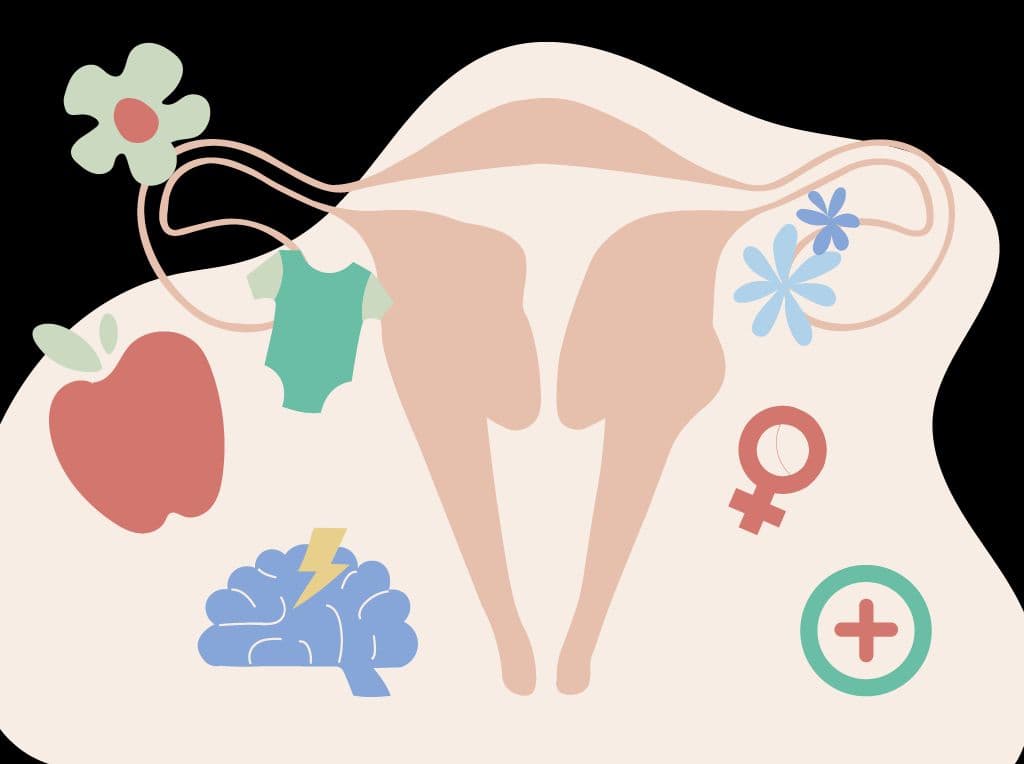Surrogacy is mired in socio-cultural, ethico-legal and moral economy debates, especially due to the contractual use of assisted reproductive technologies (ARTs). Gestational surrogacy as opposed to traditional surrogacy made it possible to “make babies without sex” with close parallels drawn in early debates to commercial sex work which made possible “sex without babies” (with consensual contraception use, of course!). With growing capitalism, globalisation and reproductive travels, moral arguments around assisted reproduction and surrogacy feel weak, with many countries growing into reproductive hubs offering surrogacy services.
Media and feminist discourses have addressed divergent ideological and representational trajectories since the first controversies around surrogacy arrangements. Media accounts in India from the early 1900s suggest surrogacy as a controversial subject in India given the traditional nature of family and kinship. Some media discourses initially represented surrogacy as a ‘viable option’ for livelihood focusing on “gift giving”, while others represented surrogate bodies as anonymous and disembodied, and yet others represented surrogates as being exploited by privileged people, lawyers, agents and fertility clinics in the larger reproductive industry.
Feminisms are complex, myriad and pluralistic, hence their positions on surrogacy have changed significantly over time. For instance, an international collective of feminists such as FINRRAGE had members with constantly evolving positions on surrogacy, some of who advocated banning it while others proposed regulating it. Some later argued that surrogacy and ARTs reflect the predominance of people from developed nations accessing cheap reproductive labour through surrogacy from developing nations such as India and other parts of Asia. More recently, questions around bodily autonomy and agency in particular have gained prominence in relation to surrogacy debates with proposed bans, and growing advocacy for regulations instead.
A feminist framework and approach that recognises the subjective physiological, emotional and mental and bodily experiences, narratives and reproductive journeys of surrogate mothers is crucial in the current Indian context. The proposed ban on commercial surrogacy is a result of viewing surrogacy as an exploitative form of labour enmeshed in moral debates around the idea of surrogacy as dirty work. It is important to recognise the significance of legal and health safeguards for surrogates rather than propose a ban on commercial surrogacy, which will potentially push commercial gestational surrogates into a black market.
Commercial surrogacy is legal in a few countries like India (regulated to exclude foreign couples and same sex people/couples allowed), Russia, Georgia, Kazakhstan, Greece, Mexico, and Ukraine (regulated) and some states in the United States. Altruistic surrogacy is permitted in some countries but illegal in China, Germany, Italy and Japan. The Permanent Bureau of the Hague Conference on Private International Law is studying private international law around issues of legal parentage of children resulting from international surrogacy arrangements. However, it will be a while till there are standard, international laws applicable across countries to address issues of nationality, citizenship, parentage and rights of the surrogate mother and the children.
India has a strange paradox of being perceived as a country that is “overpopulated” (with population perceived as a liability) yet has a thriving reproductive industry with the proliferation of fertility clinics, many offering surrogacy services. After the legalisation of commercial surrogacy in India in 2002, the country gradually became known as the “surrogacy capital of the world” with Dr. Nayna Patel of the Akanksha Fertility Clinic fame, appearing on the Oprah Winfrey Show. The proliferation of fertility clinics across India drew “commissioning parents” from across the globe to access ARTs and commercial gestational surrogacy due to features like low costs, English speaking doctors, state-of-the art-technology and cheap surrogate labour.
Since the early 2000s, India has seen many celebrities and foreigners access commercial gestational surrogacy. Some controversial international commercial gestational surrogacy cases such as the Baby Manji Yamada case and the Jan Balaz vs. Union of India case opened a Pandora’s box related to citizenship, nationality, rights of the child and those of the surrogate mother. Born to an Indian gestational surrogate mother, Baby Manji had Japanese parents who got divorced before her birth, wherein her intended mother forsook her parentage, leaving her father in a legal limbo due to Japan disallowing a single father to adopt a girl child. Manji was eventually adopted by her grandmother and the Indian government allowed her to leave the country. The Indian government banned surrogacy arrangements for foreigners in 2015.
While some research studies suggest that surrogate mothers in India largely belong to the lower socio-economic strata, a few others suggest that it is not the case with surrogates hailing from different socio-economic strata. However, the burgeoning reproductive industry in India thrives largely on the reproductive labour of surrogate mothers predominantly from marginalised backgrounds who do not have alternative sources of income. Due to lack of a registry or database of ART and fertility clinics as well as surrogates, estimates suggest the presence of 20,000 ART clinics, of which only 1,500 have registered with the ICMR thus far. Data suggests that 79 ART cycles per million inhabitants take place in India. A media report suggests that while 2000 surrogacy cases are reported every year, many others are unregistered.
The Surrogacy Bill 2016, later known as the Surrogacy Bill 2019 passed by the Lok Sabha, attempts to ban all commercial gestational surrogacy and proposes altruistic surrogacy by a “close relative” instead. In addition, the Bill proposes such altruistic surrogacy arrangements only for heterosexual married couples who have no living, biological children and are unable to have children without contraception for five years after marriage. The Bill ignores all other non-normative family and kinship patterns, eliding non-heterosexual people, widows/widowers, people in co-habiting relationships as well as single people. The Rajya Sabha’s and the Select Committee’s report recommends that surrogacy be recognised as a form of labour and be duly compensated, that the “close relative” requirement be removed and that any woman willing to be a surrogate be allowed to do so. In addition, that the five year waiting period be removed and that widowed or divorced women be allowed to access surrogacy services.
Overall, a blanket ban on commercial surrogacy in a country like India would mean that the reproductive industry would go underground and probably become more secretive, rendering many surrogate mothers physiologically, socially, economically and emotionally more vulnerable, thus attenuating their agency. Altruistic surrogacy on the other hand, is equally complex – mired in paternalism, it disregards a woman’s reproductive labour and is premised on idealised notions of ‘gift giving’.
A regulated reproductive industry with safeguards for surrogate mothers in India will be a possible win-win for most stakeholders in the process. Alongside, encouraging adoption among prospective parents will dispel myths around furthering biological relatedness through the use of assisted reproduction. It is well known that there are longer queues at adoption centres than at fertility clinics that makes it more difficult to access adoption services. A simultaneous state intervention to expedite adoption processes would be greatly beneficial to many people who possibly cannot afford high-end reproductive services such as IVF and surrogacy.
Disclaimer : This information is provided for educational purposes and should not be construed as medical advice. Please consult with your healthcare practitioners before undertaking any changes in your diet or adding supplements.
ProactiveForHer is a digital clinic for women, offering accessible, personalized, and confidential health-care solutions. We offer products and services for out-patient health concerns of Indian women, across their lifetime - from puberty to pregnancy to menopause. To know more on the sexual and reproductive health of women, visit https://www.proactiveforher.com/

